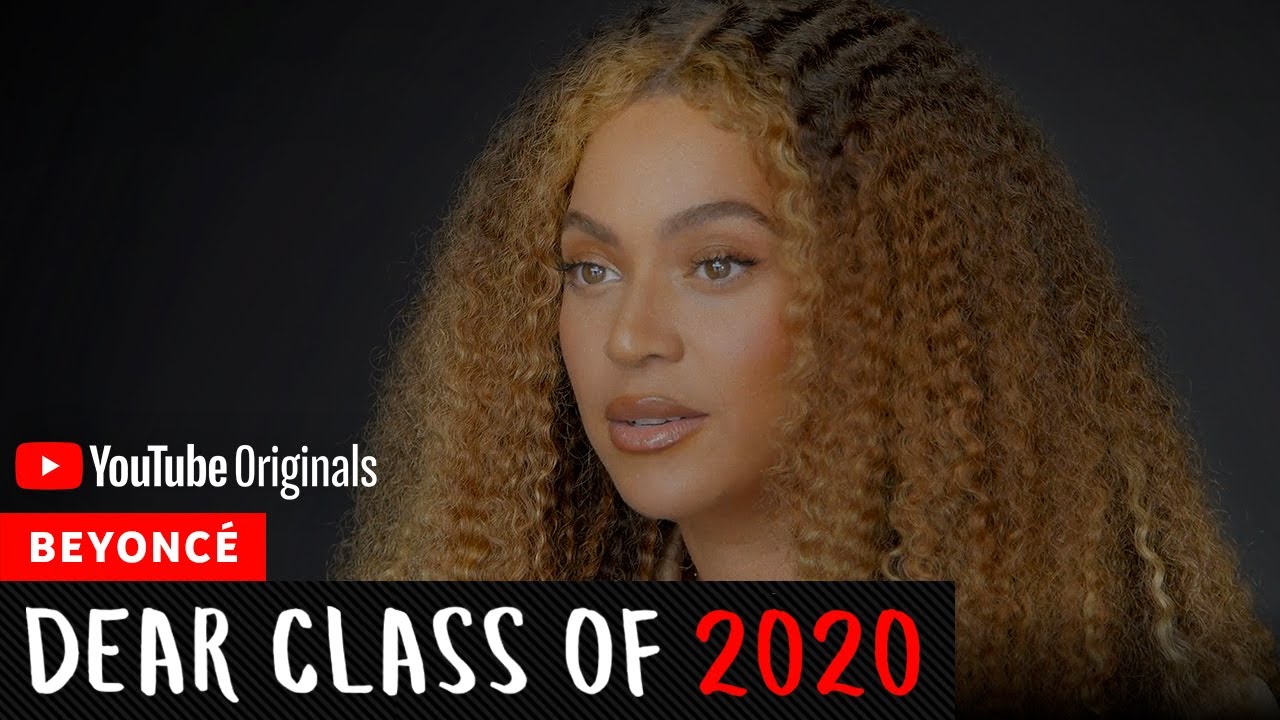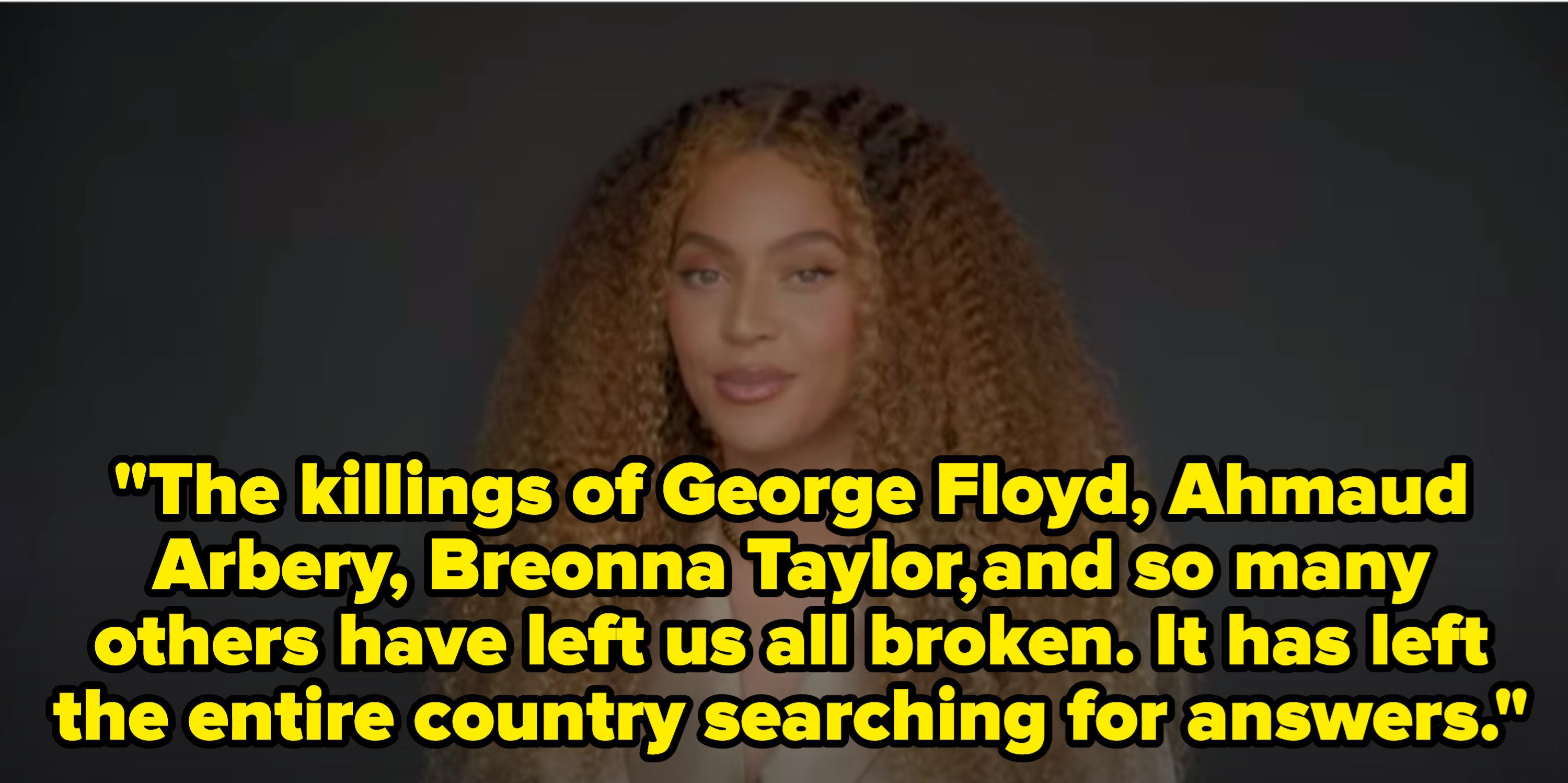Beyoncé Talks Police Brutality, Sexism In Music Industry

Beyoncé has been fighting tooth and nail for a number of causes — through her music, and through the art she creates in the music videos. At the Dear Class of 2020 commencement speech organised and orchestrated by YouTube, Beyonce took the lead among all celebrities to start with some very powerful words addressing police brutality, #BlackLivesMatter, and sexism in the music industry. That’s pretty much all of what is going on in the world right now, eh?
Beyoncé started out with remembering the names from the recent past of the black deaths that have shook America. “The killings of George Floyd, Ahmaud Arbery, Breonna Taylor, and so many others have left us all broken,” she explains. “It has left the entire country searching for answers. We’ve seen that our collective hearts, when put to positive action, could start the wheels of change. Real change has started with you, this new generation of high-school and college graduates who we celebrate today.”

In a vote of thanks to the protestors who are out on the streets and taking a huge burnt for the change that is demanded, Beyoncé said, “Please, continue to be a voice for the voiceless. Never forget: We can disagree in a way that is productive to arrive at decisions that foster real change. And if you make a mistake, that’s okay, too, but we all have a responsibility to hold ourselves accountable and change. Whatever the world looks like in ten years and 20 years, part of that is up to you. I urge you to let this current moment push you to improve yourself in all areas of your life.”
Moving on to another topic that troubles Beyoncé deeply and something she has been very vocal about — sexism in the music industry, she said, “The entertainment business is still very sexist,” she explains. “It’s still very male-dominated, and as a woman, I did not see enough female role models given the opportunity to do what I knew I had to do. To run my label and management company, to direct my films and produce my tours, that meant ownership: owning my masters, owning my art, owning my future and writing my own story. Not enough black women had a seat at the table. So I had to go and chop down that wood and build my own table. Then I had to invite the best there was to have a seat.”
By: Nupur Saraswat








